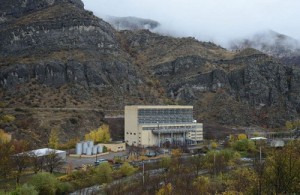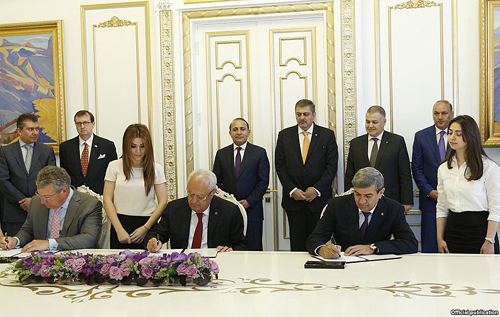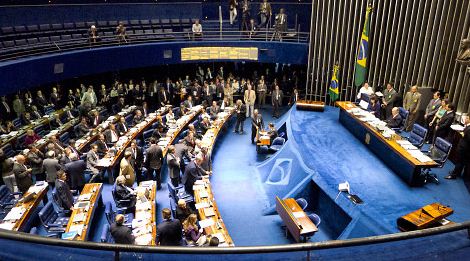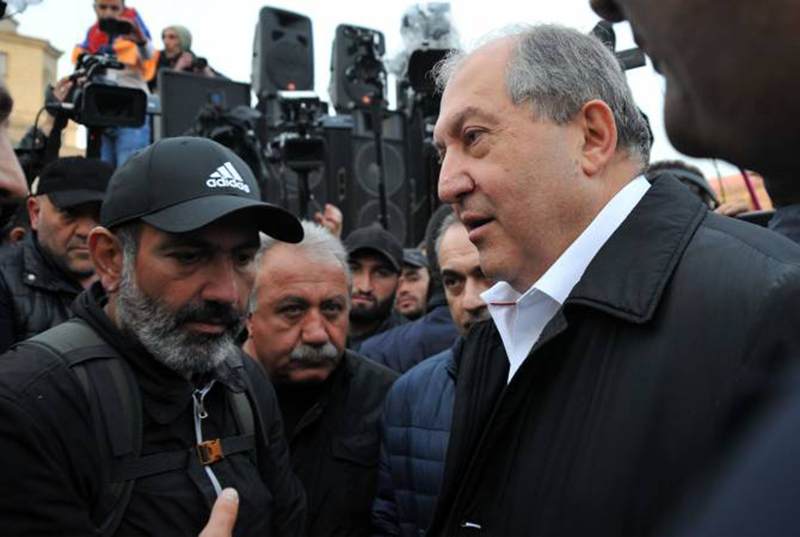YEREVAN (RFE/RL) –The New York-based group ContourGlobal became the first Western firm to buy a major asset in the Armenian energy sector currently dominated by big Russian corporations. In a $250 million deal the U.S. energy company completed on Monday the repeatedly postponed purchase of Armenia’s largest hydroelectric complex.
Under a takeover agreement signed in Yerevan by its chief executive Joseph Brandt, ContourGlobal will pay $180 million for Vorotan Hydro Cascade’s equity and invest another US$70 million in the facility’s modernization over the next five years.
The acquisition welcomed by the U.S. government was initially due to be completed by April 2014, but the Armenian governemt put it on hold claiming that some of its provisions run counter to Armenian law and need to be renegotiated.
The move fuelled media speculation that Russia is pressuring Armenia to sell Vorotan to a Russian energy company instead. Armenian officials denied such pressure.
Energy and Natural Resources Minister Yervand Zakharian announced in January that the Armenian government and ContourGlobal are now close to sealing the renegotiated deal. Brandt signed it with Zakharian following talks held with Prime Minister Hovik Abrahamian.
A government statement said the Armenian premier described Vorotan’s sale as an “important step towards strengthening bilateral economic relations” between the United States and Armenia. In that context, Abrahamian also stressed the importance of the U.S.-Armenian Trade and Investment Framework Agreement (TIFA) that was signed last month during President Serzh Sarkisian’s visit to Washington.


“We decided to sell [Vorotan] not because we needed money,” Davit Harutiunian, the chief of the government staff, told RFE/RL’s Armenian service (Azatutyun.am) on Monday. “First of all, we are diversifying the [energy] market. The second important factor is proper management.”
“The head of the [U.S.] company expressed hope that within the framework of this modernization program Vorotan will generate much more electricity than it does now,” said Harutiunian.
Greater output at Vorotan would lower the overall cost of electricity production in Armenia. Nearly 40 percent of it is power generated by thermal-power plants mostly using Russian natural gas. It is considerably more expensive than nuclear energy and hydroelectricity.
All but one of those thermal-power plants are controlled by Russia’s Gazprom and RAO Unified Energy Systems (UES) giants. The latter also own Armenia’s gas and electricity distribution networks.










